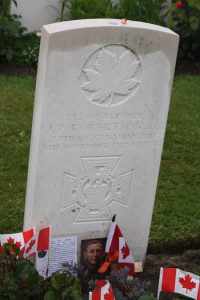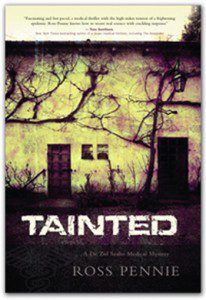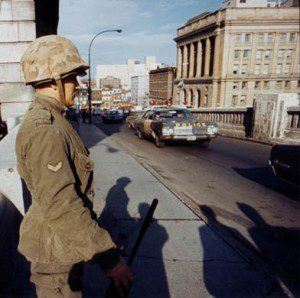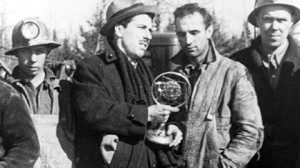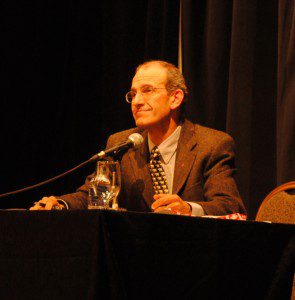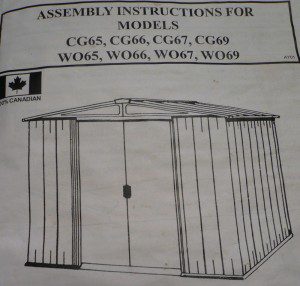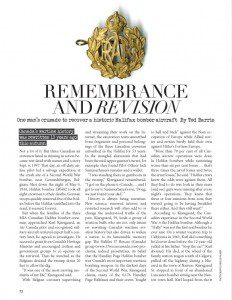 Canada’s wartime history was rewritten 13 years ago this autumn.
Canada’s wartime history was rewritten 13 years ago this autumn.
Not a lot of it. But three Canadian air crewmen listed as missing in action became war dead with names and a story Sept. 6, 1997. at day, an o -duty airline pilot led a salvage expedition at the crash site of a Second World War bomber, near Geraardsbergen, Belgium. Shot down the night of May 9, 1944, Halifax bomber LW682 took all eight crewmen to their deaths. German troops quickly removed ve of the bodies before the Halifax vanished into the mud, it seemed, forever.
For the full story, click here.
Photography courtesy Neville Palmer
